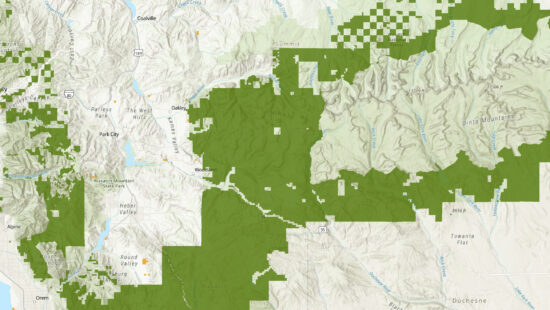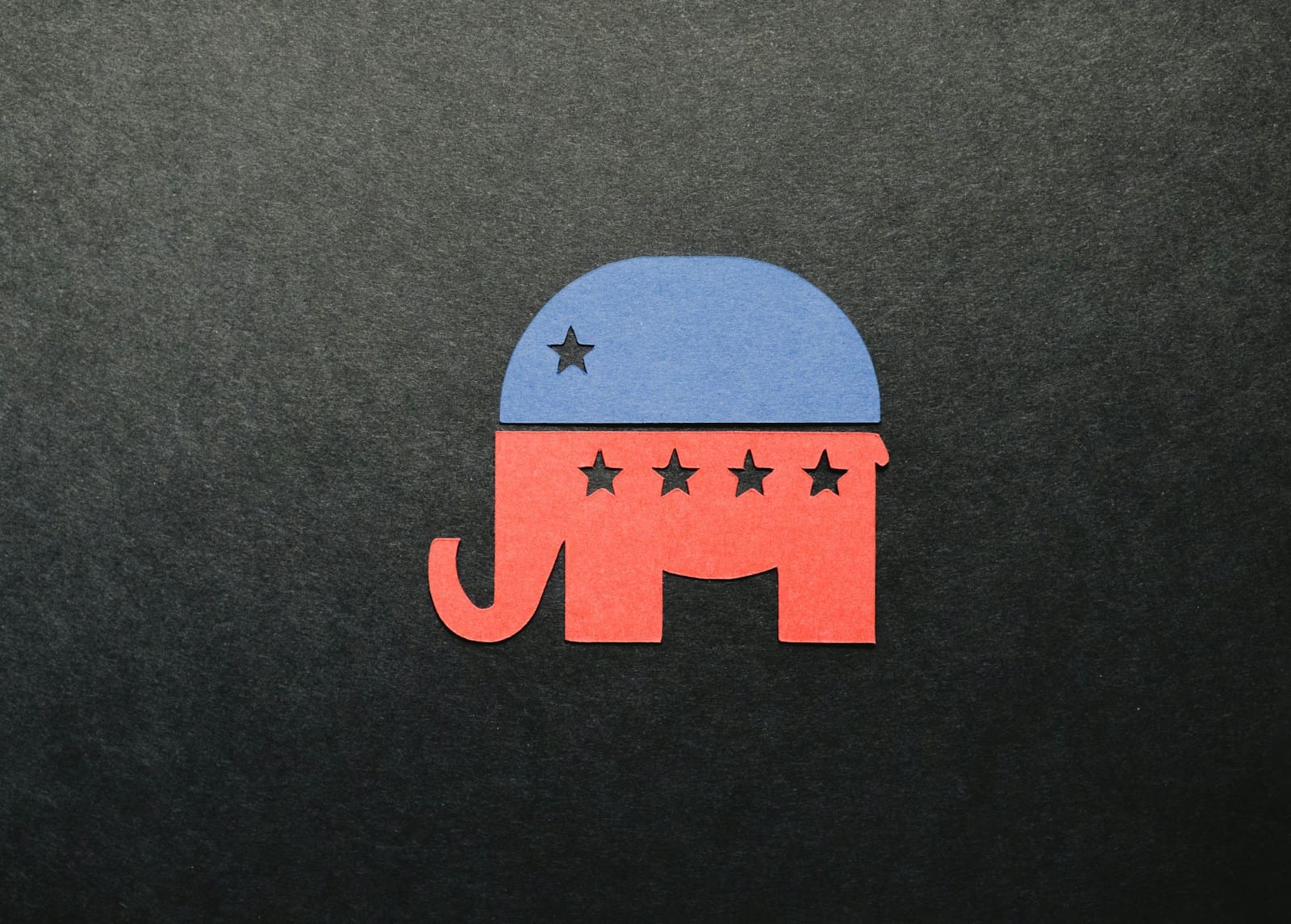Politics
Sen. Mike Lee proposes bill intended to help shield children from online pornography

Could Mike Lee's new SCREEN Act be the key to protecting children online? Photo: Flickr
UTAH — More than ever, children have access to the internet and all it offers: the good, the bad, and the ugly.
According to the National Center for Education Statistics, 95% of children ages 3-18 in the U.S. had at-home internet access, up from 92% in 2016.
Although internet access among minors has increased exponentially in the past decade, protections remain somewhat sparse. The Children’s Internet Protection Act (CIPA), which Congress enacted in 2000, requires K-12 schools and libraries that use E-Rate discounts to operate technological protection measures on computers with internet access to protect against access to obscene visual depictions, child pornography, or harmful to minors.
Earlier attempts by Congress to restrict inappropriate internet content, including the Communications Decency Act of 1996 and the Child Online Protection Act of 1998, were struck down on the grounds that they were unconstitutional on First Amendment grounds.
Sen. Mike Lee introduced the Shielding Children’s Retinas from Egregious Exposure on the Net (SCREEN) Act on December 14, which he believes is on good legal footing to pass the Supreme Court’s requirement that the government use the least restrictive means to achieve its interests.
According to Lee, this 16-page bill is intended to direct the Federal Communications Commission (FCC) to issue a rule requiring all commercial pornographic websites to adopt age verification technology to better ensure children can’t access pornographic content.
According to the legislation’s one-pager, the SCREEN Act also requires the FCC to:
- Set a “more likely than not” verification standard for pornographic websites to determine
whether the user of a pornographic website is a child or not. - Allow pornographic websites to choose their method of age verification provided that it meets the FCC’s
verification standards and prohibits a child from accessing pornographic content on the website. - Permit websites to contract with third-party age verification providers to carry out the verification
requirements, and - Establish an audit process to ensure compliance with the rule as well as ensure no identifiable user data is
shared with the federal government. - Grants the FCC the necessary enforcement powers (both civil penalty and injunctive relief) to enforce the
verification rule.
“Every day, we’re learning more about the negative psychological effects pornography has on minors,” Lee said in a statement. “Given the alarming rate of teenage exposure to pornography, I believe the government must act quickly to enact protections that have a real chance of surviving First Amendment scrutiny. We require age verification at brick-and-mortar shops. Why shouldn’t we require it online?”


















